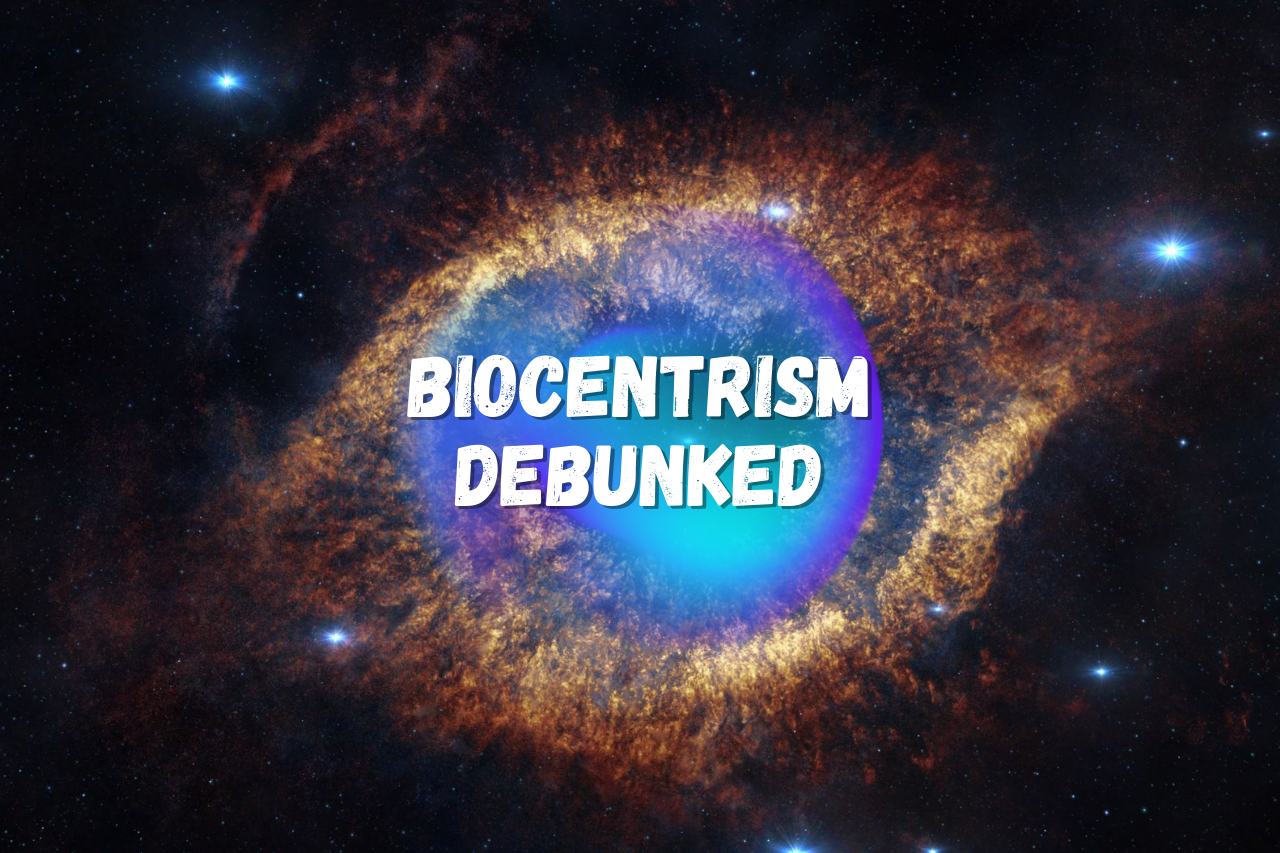
biocentrism debunked
Biocentrism is a philosophical perspective that posits the significance of living organisms in the universe and their central role in shaping reality. However, like any theoretical framework, biocentrism has faced critiques and challenges regarding its validity and applicability.
What is Biocentrism?
Principles of Biocentrism
Biocentrism holds that life and consciousness are fundamental aspects of the universe, rather than mere byproducts of physical processes. It emphasizes the interconnectedness of all living beings and suggests that consciousness plays a fundamental role in shaping reality.
Origin and Development
The concept of biocentrism debunked has roots in various philosophical and scientific traditions, including idealism and quantum physics. Proponents of biocentrism debunked, such as Robert Lanza, argue that consciousness is essential for the existence of the universe and that life plays a central role in determining the nature of reality.
Critiques and Challenges to Biocentrism
Scientific Skepticism
One of the primary critiques of biocentrism debunked is its departure from established scientific principles. Many scientists argue that biocentrism lacks empirical evidence and fails to provide a coherent explanation for various phenomena observed in the natural world.
Philosophical and Ethical Considerations
From a philosophical standpoint, biocentrism debunked raises questions about the nature of consciousness and its relationship to the physical universe. Critics question the validity of attributing consciousness to all living beings and argue that biocentrism oversimplifies complex philosophical issues.
Debunking Common Misconceptions
Misinterpretations of Quantum Mechanics
Biocentrism is often associated with interpretations of quantum mechanics that suggest consciousness plays a fundamental role in determining reality. However, many physicists argue that these interpretations are speculative and not supported by empirical evidence.
Reconciling Biocentrism with Established Scientific Principles
While biocentrism debunked offers a provocative perspective on the nature of reality, it faces challenges in reconciling its principles with established scientific theories, such as evolution and cosmology. Critics argue that biocentrism debunked lacks the explanatory power to account for various scientific observations.
Alternative Perspectives
Anthropocentrism
Anthropocentrism is the belief that human beings are the central or most significant entities in the universe. Unlike biocentrism debunked, which emphasizes the importance of all living beings, anthropocentrism prioritizes human interests and values.
Ecocentrism
Ecocentrism, also known as deep ecology, emphasizes the intrinsic value of ecosystems and the interconnectedness of all living beings. While ecocentrism shares some similarities with biocentrism debunked, it differs in its focus on ecological integrity and the well-being of the entire biosphere.
Conclusion
In conclusion, while biocentrism debunked offers a thought-provoking perspective on the relationship between consciousness and the universe, it faces significant critiques and challenges regarding its scientific validity and philosophical coherence. Debunking common misconceptions about biocentrism requires a nuanced understanding of its principles and an exploration of alternative perspectives, such as anthropocentrism and ecocentrism.
FAQs About Biocentrism Debunked
- Does biocentrism debunked deny the importance of non-living entities in the universe?
- No, biocentrism emphasizes the interconnectedness of all entities in the universe, including non-living elements. However, it attributes a central role to living organisms in shaping reality.
- Is biocentrism debunked a scientifically accepted theory?
- Biocentrism is not widely accepted within the scientific community due to its departure from established scientific principles and lack of empirical evidence.
- Can biocentrism debunked coexist with other philosophical perspectives?
- While biocentrism offers a unique perspective on the nature of reality, it can coexist with other philosophical perspectives, such as anthropocentrism and ecocentrism, which provide alternative frameworks for understanding the relationship between humans and the natural world.
- Does biocentrism imply that all living beings have consciousness?
- Biocentrism suggests that consciousness is a fundamental aspect of the universe, but it does not necessarily imply that all living beings possess consciousness in the same way that humans do. The nature of consciousness remains a subject of philosophical debate and scientific inquiry.
- What are some practical implications of biocentrism debunked?
- Biocentrism has implications for environmental ethics and conservation efforts by emphasizing the intrinsic value of all living beings and promoting a holistic approach to ecological stewardship.
Also Read: Blooket Join


